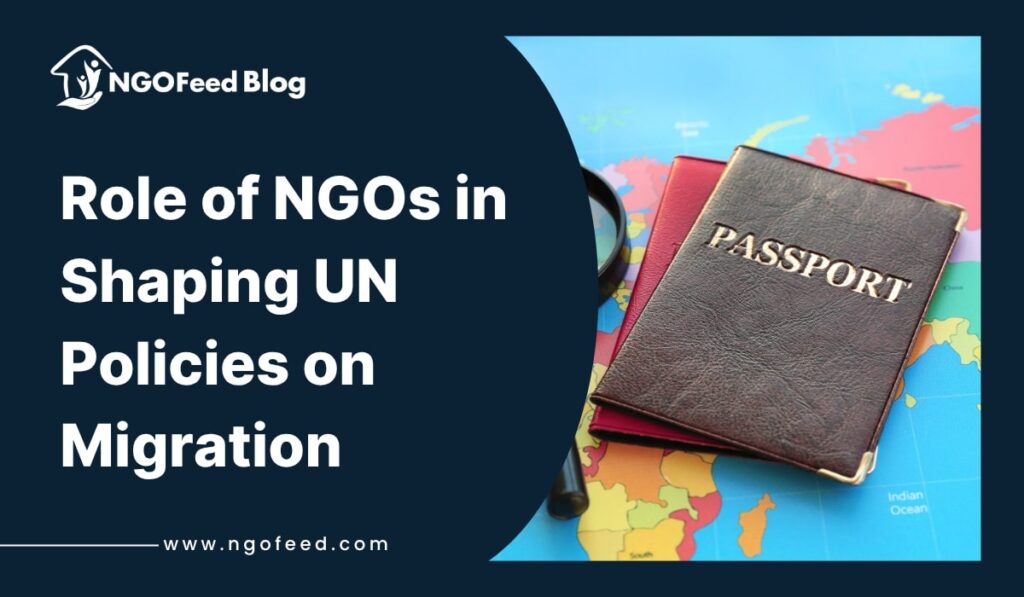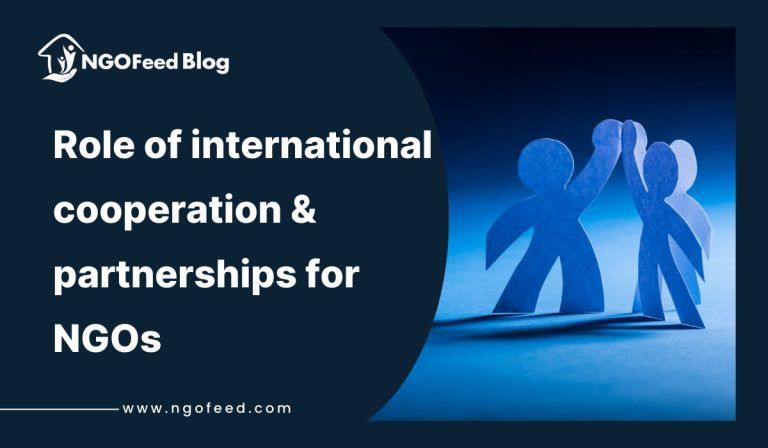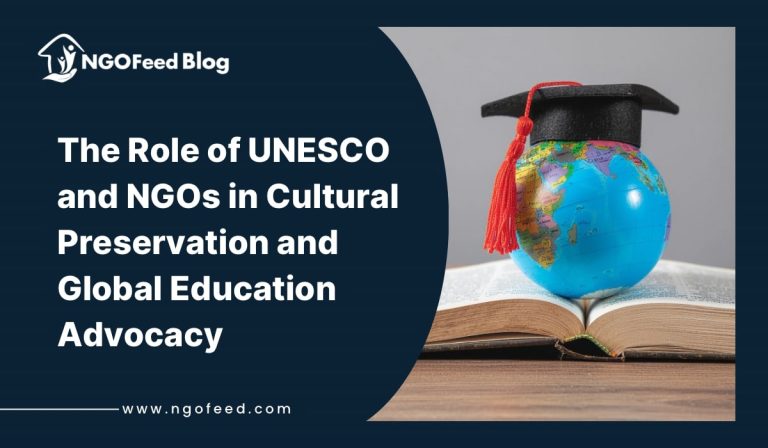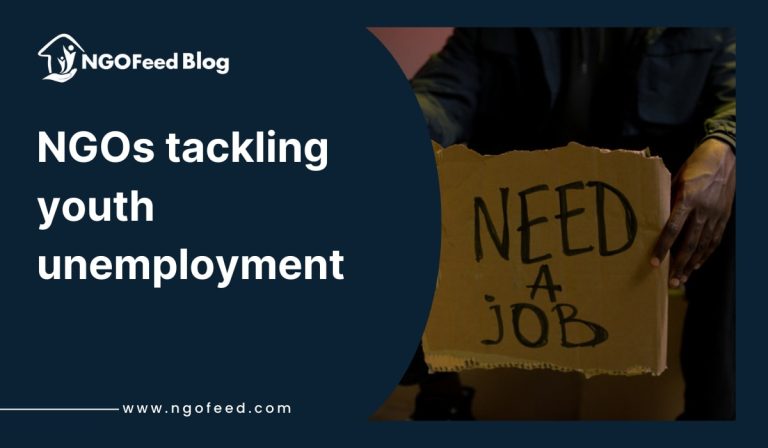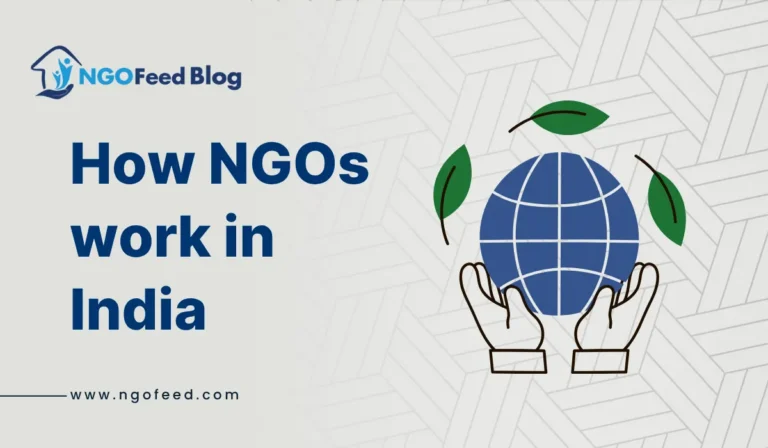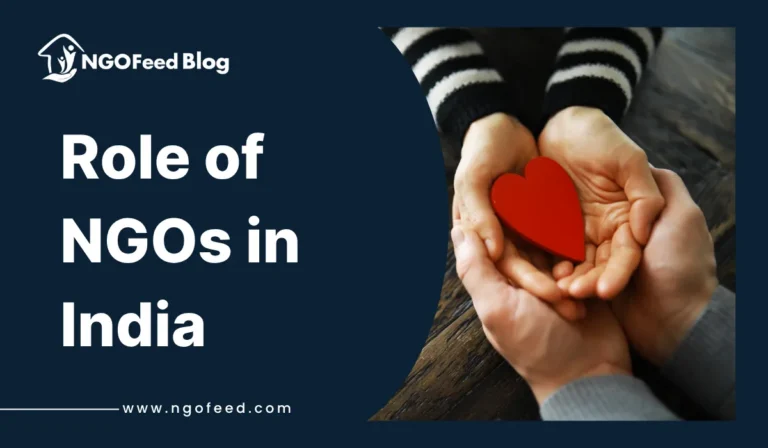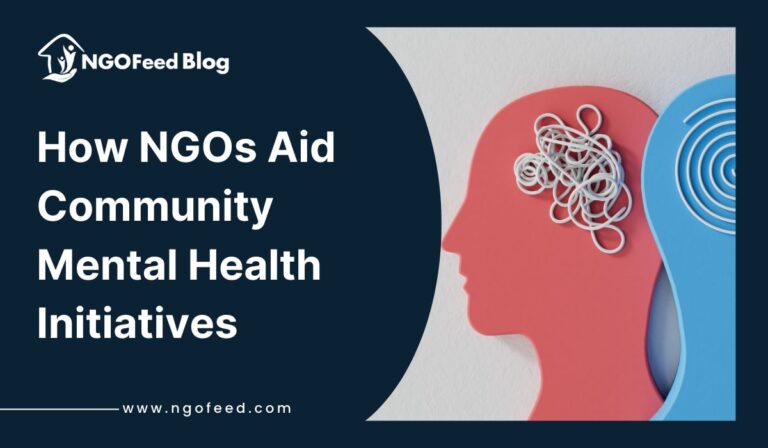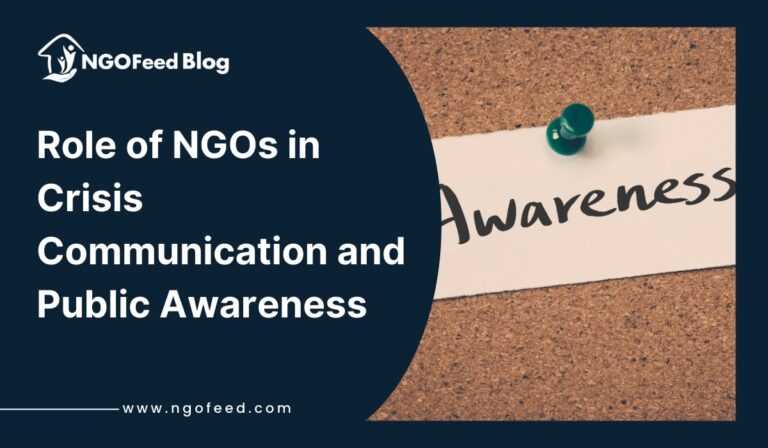Role of NGOs in Shaping UN Policies on Migration: Immigration is one of the most burning and complicated problems of the modern globalised world. As millions of citizens enter a country and leave other countries due to conflict, poverty, climate, or opportunity each year, the case may be made stronger as time goes on that we need more fair, humane and organised international migration policies. The UN has been on the frontline in facilitating the issue of global migration with such initiatives as the Global Compact Migration; however, not all states have a say in the crafting of such policies.
The non-governmental organisations (NGOs) are crucial sources of influence on UN migration policies. Having direct access to migrant communities, their field-based mastery and human rights advocacy, NGOs act as a crucial tool in the process of balancing the gap between policy and reality. They are involved in the consultations with the UN, they actively take part in policy proposals drafting, and they make the voices of migrants heard at a universal level. In this article, the role of NGOs in creating international migration policies and policies through advocacy, and other forms of partnership, and constant contact with UN agencies is discussed.
Also Read: Role of UNESCAP in India
Table of Contents
Introduction to Migration and Global Governance
Migration is one of the main characteristics of the globalised world, where people move across the boundaries of nations due to an opportunity of economic prosperity or displacement caused by force.
UN states that there are more than 280 million international migrants in the world.
The causes of migration are:
- Persecution and armed conflict
- Environmental catastrophes and climate change
- wealth inequality and non-opportunity
- Cultural adjustment, school and family reunification and education
Also Read: Role of UNWTO in Tourism
Role of NGOs in Shaping UN Policies on Migration
The UN is at the centre of establishing norms and guidelines, which can be used globally in order to achieve responsible and humane management in regard to migration.
- It facilitates the collaboration of nations to achieve safe, regular and orderly migration.
- The UN agencies such as:
- IOM (International Organisation of Migration)
- United Nations High Commissioner for Refugees (UNHCR)
- OHCHR (Office of the High Commissioner of Human Rights)
play a fundamental role in policy and humanitarian endeavours regarding migration.
Important UN efforts, Policies on Migration:
- Global Compact for Safe, Orderly and Regular Migration (2018);
The initial intergovernmental plan managed to encompass all international migration matters.
- The Global Compact on refugees:
Aspires to enhance the global course of action in handling vast refugee flows and long-term refugee crises.
This global government model offers spaces to other players, such as non-governmental organisations, a chance to influence the migration policy to be people-centred and rights-based.
Also Read: Role of UNHRC in India
How NGOs Engage with the UN System
Such agencies include the non-governmental organisations (NGOs), which have been influential in influencing the migration-oriented policies in the United Nations. Their close interactions with migrant societies provide them with some vital real-life experience, which is usually lacking on the part of governments and global entities. It enables NGOs to introduce reality on the ground to international forums and to make policies more human-sensitive.
Consultative status with the Economic and Social Council (ECOSOC) is one of the major methods through which NGOs interact with the UN. This status enables NGOs to proceed to UN meetings, sign written statements, make oral interventions, and cooperate with different commissions and organisations participating in migration governance. It is on this platform that many migration-oriented NGOs have tried to pressure governments into ensuring that the rights of migrants are upheld, as well as encouraging a more inclusive policy methodology.
Also Read: Role of WFP in India
The so-called Global Forum on Migration and Development (GFMD) and UN consultations on the Global Compact for Safe, Orderly and Regular Migration are other international policy processes that involve NGOs. Through these platforms, NGOs have a space to express their area of concern, best practices and shape policy language when negotiating key agreements.
NGOs in Shaping UN Policies on Migration – policy advocacy
Besides policy advocacy, NGOs also work in liaison with other organisations in the UN, such as:
- IOM ( International Organization for Migration ) on the implementation of programs and emergency responses
- UNHCR (United Nations High Commission of Refugees) against refugee security and legal assistance
- OHCHR (Office of the High Commissioner for Human Rights) to make sure the migration policies follow the international human rights models
NGOs, by integrating advocacy, research, field experience and international collaborations, are making sure that the global migration policies are both humanitarian and practically viable. The further interaction keeps the UN responsible, diverse and considerate of the needs of migrants.
Also Read: Role of UNAIDS in India
Key Contributions of NGOs to Migration Policy
NGOs are quite instrumental in enhancing the way the world deals with migration. They are usually first in line when the migrants and refugees are suffering and in need of assistance, and their actions are not limited to the assistance alone.
Advocacy is one of their major contributions. NGOs raise their voice and defend the rights of migrants, particularly during international conferences and at the UN. They ensure that the migrants’ voices are heard and their issues are not swept under the carpet.
NGOs also exchange good research and documentation with the UN and governments. They piggyback on the actual stories, facts on the ground and put them in a manner which policy-makers can comprehend as to what is taking place. This assists in the development of superior laws and initiatives which safeguard individuals.
Service delivery is another key role. NGOs help migrants with free food, shelter, legal assistance, medical facilities and education. In so doing, they demonstrate what is practical on the ground and advocate for the integration of such solutions in world policies.
Also Read: Role of UNODC in India
Lastly, NGOs establish associations of partnerships including other NGOs, governments and UN agencies. These alliances will assist in developing powerful and coherent services to assist migrants and develop policies that are effective and equitable.
The short answer is that NGOs can make the global commitment come alive and safeguard and assist people in their movement.
Challenges Faced by NGOs in Influencing UN Migration Policies
There are several limitations to NGOs engaging in influencing migration policies and governance processes at the United Nations.
Access:
Some NGOs that have ECOSOC consultative status can formally engage with the UN based on the documents of a UN entity holding a meeting. However, many small or local NGOs from the Global South were not able to engage with the UN process because they were not recognised by the UN, could not get a visa, or did not have the budget to travel.
Funding:
The vast majority of NGOs are funded based on short-term projects, so a lot of NGOs will have a hard time being continuously engaged with the UN process or investing time and effort into something deeply.
Also Read: Role of UNEP in the Environment
Political Push-Back:
In certain countries, NGOs acting against a national migration policy are considered political actors, or if perceived as threatening, this can lead to conditions of threat (i.e. threats, limitations, or being legally challenged) – this can impact participation.
Coordination:
This is the case for many of the NGOs that are intervening in the migration space, but rarely at the same time. This can be at any point in time, and because of conflicting interventions, many times they contribute to not having one voice and mission, and some of the NGO’s working towards the same policy may never see UN entities or intermediaries.
Language and Technical Requirements:
Many of those documents at the UN are technical and legalistic, making it difficult to be genuinely engaged in the process, especially if you are without a policy background, do not speak English, or are not acquainted with legal formalities.
Despite these limitations, NGOs continue to advocate for valid engagement. NGOs often are grounded in grassroots experiences and often have on-the-ground experience as well as commitment to a human rights-based approach to migration, which consequently leads to more equitable, fair and just migration policies.
Also Read: Role of NGO in Women Empowerment in India
Success Stories and the Way Forward
NGOs have played significant roles in influencing migration patterns in the UN despite the numerous challenges they encounter, and this attests to how civil society could be influential when it comes to policy formulation.
Success Stories:
The 2018 Global Compact for Migration:
NGOs were also influential in writing and lobbying rights-based language. Their submissions brought into consideration promises towards safe migration pathways, migrant protection and access to services.
Watchlist Children and Armed Conflict:
An NGO coalition managed to change the UN policy by investigating mistreatments of refugee and migrant children and creating more oversight and responsibility.
They include work with UNHCR and IOM:
Other NGOs such as the International Rescue Committee (IRC) and Save the Children actively collaborate with UN organisations to deliver first-hand assistance and give recommendations on policy modification.
Also Read: Role of UNICEF in Education
The Way Ahead:
- The increased participation of local NGOs in UN deliberations to contribute multi-faceted and regional.
- Increased investments and capacity building to facilitate long-term advocacy.
- Enhancing the NGO coalitions to speak with one voice in the policy arenas.
- Streamlining the actions of the UN to make them more linguistically and operationally inclusive.
NGOs can further influence the global migration policies so that they are human-friendly, inclusive, and realistic by creating more effective collaborations and enhancing the ability of grassroots voices.

